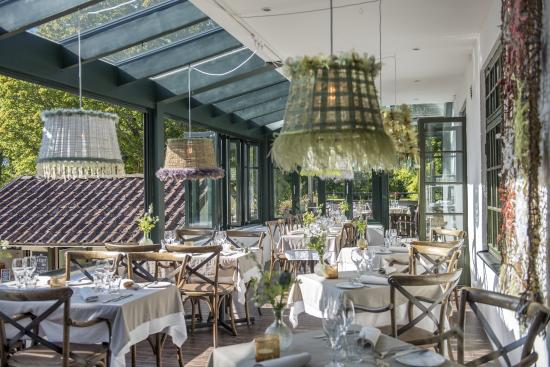Gotland
WELCOME TO Gotland
County Overview
Visby
3,183 km2
58,595
Swedish

Popular
Geography and Tourist Attractions
Information about the province's tourist attractions, including popular destinations, events, and activities.

Visby City Walls
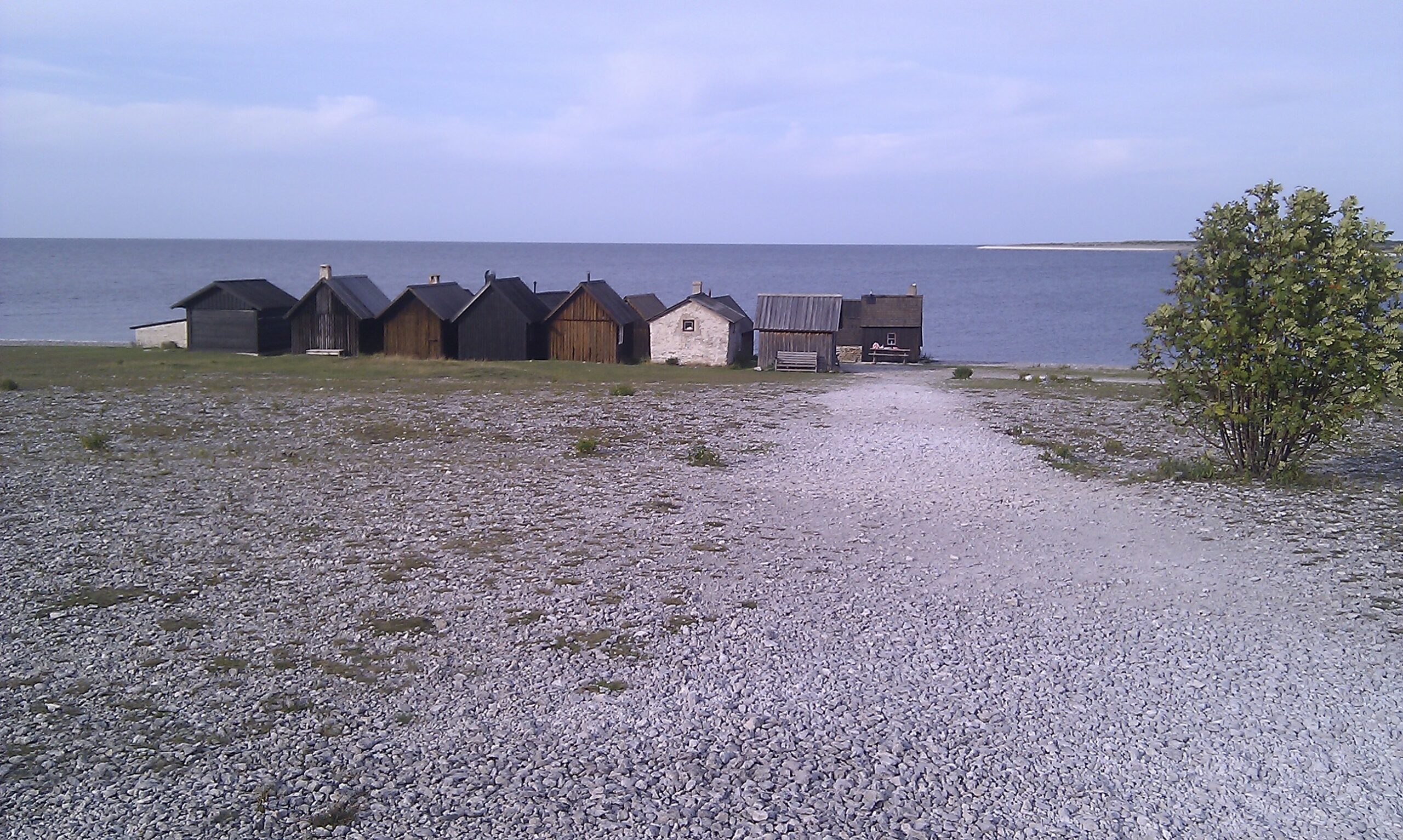
Fårö
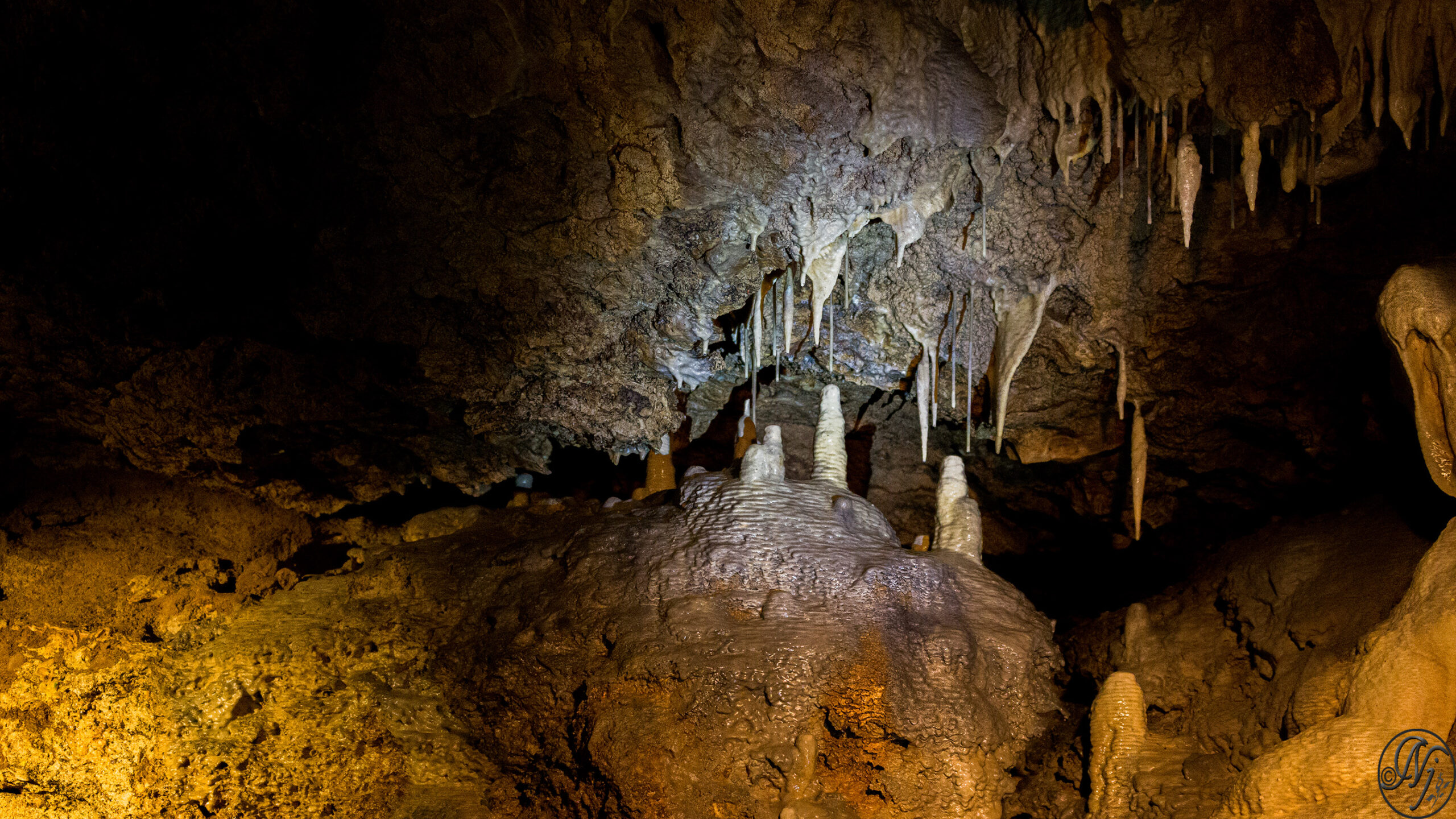
Lummelunda Cave
Political
Economy and Government
Gotland is an autonomous region of Sweden and its economy is largely driven by tourism, agriculture, and the service sector. The region's economy is heavily reliant on the summer tourism season, which attracts large numbers of visitors to the island's beautiful beaches and historic landmarks. In recent years, there has been a growing interest in sustainable tourism practices and efforts to diversify the island's economy by promoting year-round tourism, cultural events, and local entrepreneurship.
The regional government of Gotland is responsible for a wide range of public services, including healthcare, education, and social welfare. The region is governed by a regional council that is elected by the people of Gotland. The council has a wide range of powers and responsibilities, including the ability to pass laws, levy taxes, and make decisions about regional development projects.
In addition to the regional government, there are also a number of municipal councils that oversee local affairs in the various towns and villages on the island. These councils are responsible for things like waste management, public transportation, and local planning.
Overall, the government of Gotland is committed to promoting sustainable development and preserving the island's natural and cultural heritage, while also ensuring that the region's economy remains strong and resilient.
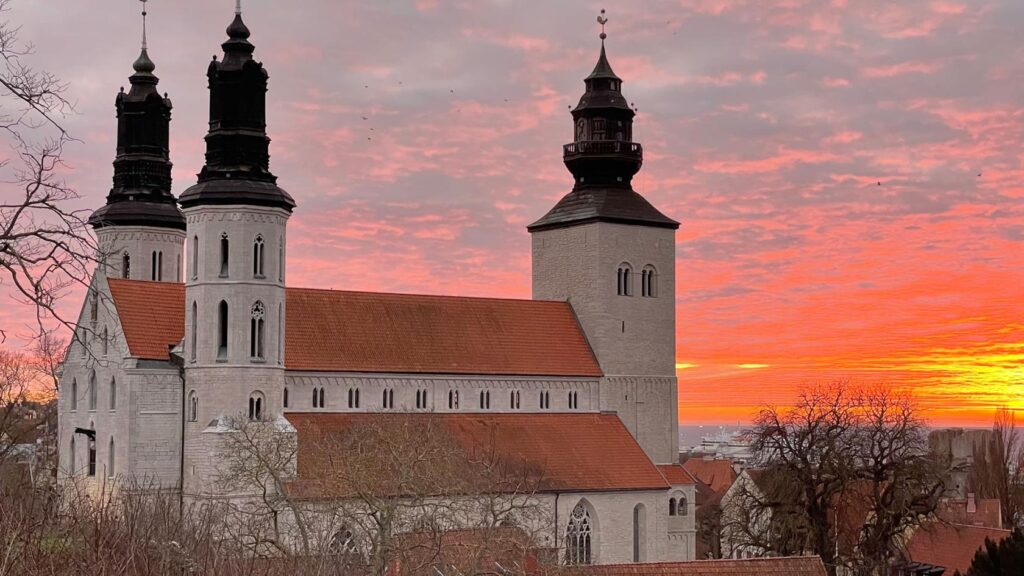
History
History and Culture
Gotland has a rich and diverse history that dates back thousands of years. The island was an important hub of trade and commerce during the Viking Age, and it played a significant role in the Hanseatic League during the Middle Ages. The island's capital, Visby, is a UNESCO World Heritage Site and is known for its well-preserved medieval city walls, historic buildings, and cobblestone streets.
Gotland's unique cultural heritage is reflected in its language, customs, and traditions. The island has its own distinct dialect of Swedish, known as Gutnish, which is still spoken by a small number of people today. The island is also home to a number of traditional crafts, such as glassblowing and pottery, that have been passed down through the generations.
Gotland is known for its vibrant arts and cultural scene, with a number of music festivals, theater productions, and art exhibitions taking place throughout the year. The island is also home to a number of museums and cultural institutions, including the Gotland Museum and the Art Museum of Gotland.
Overall, Gotland's rich history and culture continue to be an important part of its identity, and the island is committed to preserving and promoting its unique heritage for future generations.
HOTELS

Clarion Hotel Wisby

Hotel Stelor

Tofta Strandpensionat
RESTAURANTS
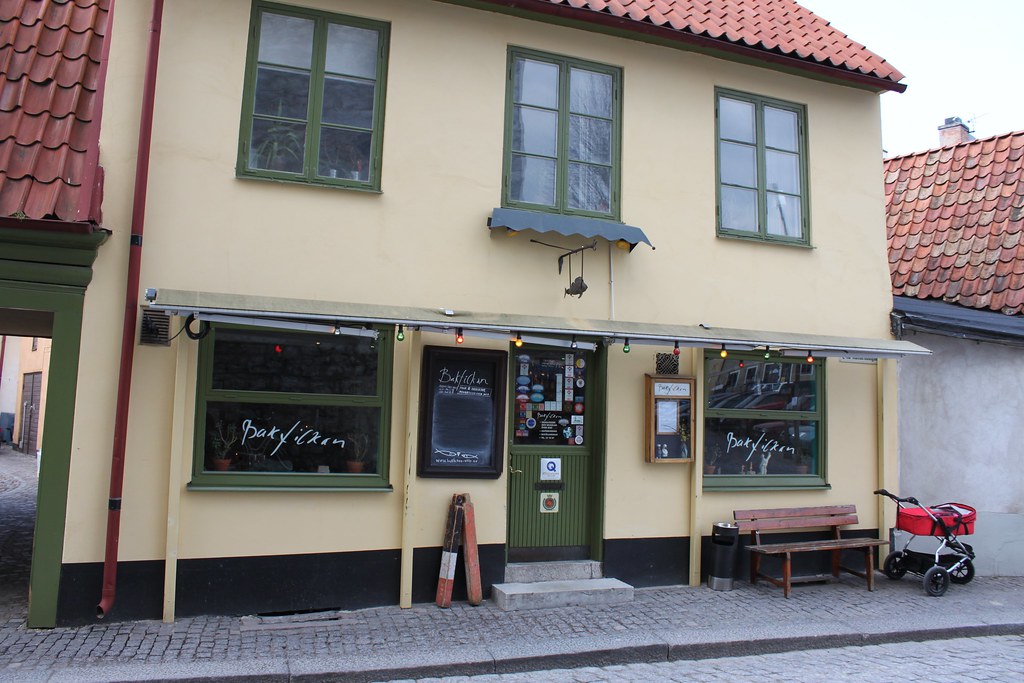
Bakfickan

Surfers
